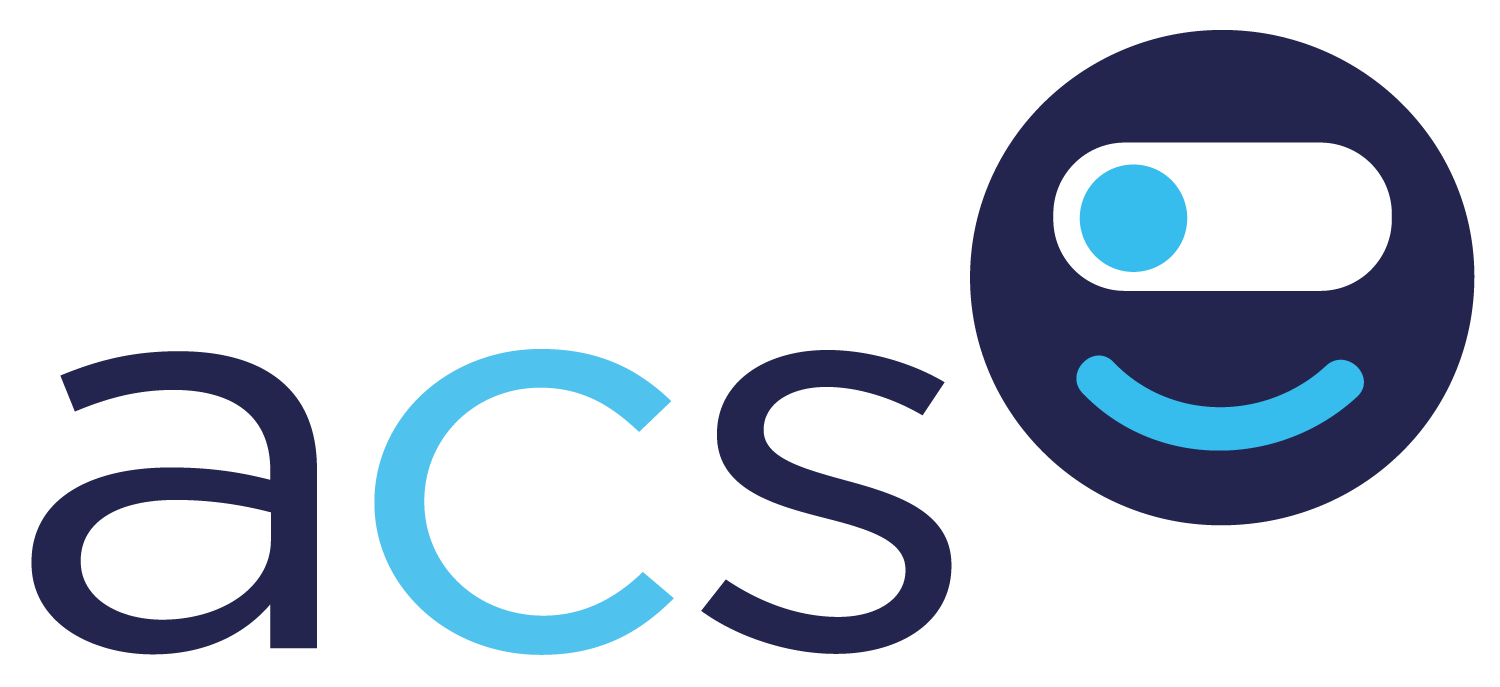Raise Your Archiving IQ: 3 Blindspots in Assessing Archive Costs
The third blog in a series on cloud archiving highlights the importance of not overlooking three things when assessing cloud archiving costs.
By Global Relay
Cloud archiving is increasingly popular among companies with compliance requirements for their electronic communications. A cloud-based archive offers inherent advantages over an on-premise solution, including greater speed, flexibility, and scalability without huge capital investment. However, companies that don’t fully realise the depth of their archive needs versus the cost of addressing those needs can be in for an unwelcome surprise.
When your expectations of what a solution can do for a given cost don’t match what you’re getting, it can be painful. While the overall price of cloud storage has been going down as the technology matures, you should be aware of costs that aren’t obvious at first glance.
Some of these unforeseen costs can come from leveraging additional capabilities in order to get the most out of the system. For instance, the introduction of machine learning algorithms for improved data analysis and the ability to retrieve essential records for eDiscovery much more quickly have greatly improved archive offerings. However, taking advantage of such features can be costly if it comes as an afterthought. Unless you are proactive in assessing your archiving needs, are planning ahead, and ensuring the solution you choose matches your needs, or anticipated needs, at the right cost, you are more likely to incur extra ones further down the line.
Buyers that take too narrow a view of a given cloud archiving solution may overlook the following ‘blindspots’:
1. That an archive without built-in Artificial Intelligence can cost you later on
Artificial intelligence (AI) adoption helps businesses make more informed decisions that can lead to increased revenues and profitability. According to a report by IBM, organisations gain a 6.3% increase in business unit revenue directly attributable to AI initiatives.
Likewise, in advanced cloud archives AI technologies are adding new ways to analyse and use the data companies gather. AI-enabled archives rely on machine learning algorithms to identify and extract key information from the archived data. If your archive has no, or limited, AI capabilities, you’re missing out on significant cost and efficiency benefits. However, switching providers or ‘bolting on’ a solution to your new or existing system further on can be inefficient and expensive.
Compliance teams need to seek out AI-driven archiving platforms that can filter and categorise data with greater accuracy to generate actionable business intelligence. You can even build and deploy custom AI models that address your specific needs with an embedded system. Imagine an archive tailored to your own universe and regulatory requirements, and knows what critical aspects to look out for, how to classify reams of metadata etc.
2. That the cost of processing eDiscovery requests can fast add up
Most organisations are now managing 10 times more data than they did five years ago, according to VentureBeat. The rapid growth of data and the compliance procedures that surround it means companies retain more information than ever before, and all that information can be covered in eDiscovery requests.
While storing information in a cloud archive fulfils the data retention requirements of the SEC, FINRA, the FCA, and other regulators in part, getting that information out in a timely manner when required is just as important. It’s not enough to invest in just any cloud archive, you must make sure the solution has robust eDiscovery features, or two things can happen:
Data retrieval is too slow and jeopardises critical submissions for eDiscovery requests, potentially leading to fines or other penalties.
You get the speed you need but at an extra cost. If you require bulk or complex eDiscovery, the sheer volume of data processing and retrieval might add up to unexpected sums.
3. That supervising more channels without a centralised platform can be costly
The business communication landscape has exploded in the last few years with so many pathways for interaction internally and with clients. Microsoft Teams, Slack, WhatsApp, and other apps give professionals the ability to communicate more instantly but potentially pose risks when left unmonitored or not properly governed. It is important for companies to track all these tools and archive them to remain compliant.
But as employees use new and emerging communication channels, some companies respond with a mismatched set of archive solutions to keep up with the change. Some companies respond by using multiple cloud vendors, or by outsourcing certain functions while keeping others in-house. These disparate archive strategies can risk a lack of cohesion and ultimately be costly through the creation of data silos.
Instead of maintaining multiple solutions, buyers should increasingly look to a single platform that will enable compliance teams, and other nominated users, to manage electronic communications across various channels. Opting for a platform that can connect all their data regardless of format and can scale that data as the organisation grows is key in a modern compliance environment.
Avoiding Hidden Costs
The above-unanticipated costs can be well mitigated, or even avoided altogether if you plan ahead. The breadth and depth of what cloud-native technology can offer means due diligence are necessary to ensure a solution that fits your needs and budget. Finding the right provider to deliver what you need today as well as in the longer term is key to establishing and maintaining an effective, efficient, and compliant archive.
Find out how ACS and Global Relay can help you find the right archive solution for your specific needs and budget.








